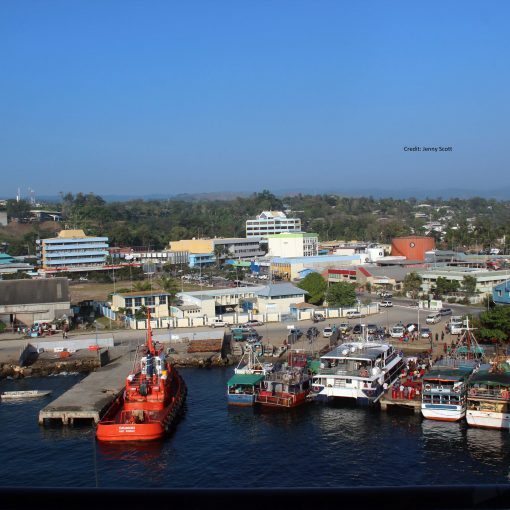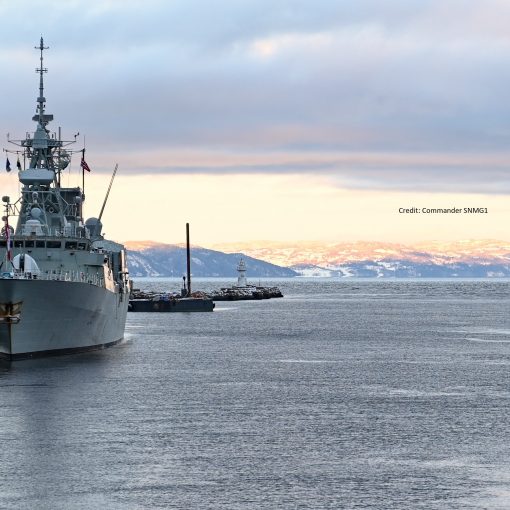By Colonel (Ret’d) John L. Orr, 5 November 2025
The Canadian Maritime Security Network (CNSM) held a panel discussion - "Alliances and Partnerships in Shifting Geopolitical Landscapes" - at Saint Mary’s University on 15 October in partnership with the Royal Canadian Navy. Participants included the Chiefs of Navy of Australia, Indonesia, New Zealand, Norway, and Pakistan. The panel discussion was moderated by CNR Editorial Board members Dr. Rob Huebert of the University of Calgary and Dr. Adam Lajeunesse of St. Francis Xavier University. Further details are at https://www.cmsn.ca/chon
Why hold this panel in Halifax?
The panel was originally scheduled to be held in the United States but after their withdrawal, the CNSM offered to hold the event in Canada.
Who attended?
In addition to the Chiefs of Navy mentioned above, the audience was mainly composed of naval personnel drawn from the Headquarters, Maritime Forces Atlantic, including Rear-Admiral Josée Kurtz, Commander MARLANT and an in-house course from Fleet School Halifax. There were a few civilians, mostly retired personnel, along with a number of students.
Discussion
I was only able to stay for the first panel discussion which featured Vice-Admiral Angus Topshee, Vice-Admiral Mark Hammond, Chief of the Royal Australian Navy, and Vice-Admiral Erwin S. Aldedharma, Vice Chief of the Indonesian Navy.
Each of the panelists opened with a short summary of the situation facing their respective navies. They each stressed the importance of the ‘rules-based order’ and gave a short strategic overview of the concerns in their corner of the world. In summary, the message, repeated thrice over, was be afraid, be very afraid.
Some observations from the panelists:
- There has been a fundamental shift in the worldwide strategic balance on land, in the air and at sea;
- The European members of NATO are unlikely to rush to reinforce Canadian security in the Arctic and especially not the Western Arctic. Accordingly, states need to be able to fight their own corner first since help may not arrive in time or in the quality or quantity necessary;
- It is highly unlikely that Canada can operate in the continental defence sphere independently of the United States;
- There has to be a robust national defence industrial base to support deployed forces;
- Following on from this, the acquisition of weapons systems cannot simply be licensed manufacture of offshore designs;
- Indonesia is going all-in on a French design, the Scorpene Evolved, and is using language similar to that used to justify the Canadian submarine program;
- Attempts to establish a western Pacific ’NATO’ are not necessary and might turn out to be counter-productive; and
- Perhaps most striking of all was the listing by VAdm Hammond, RAN, of the number of Chiefs of Navy, Allied, friendly and not so friendly, who are submariners. There’s a message there.
Dr. Huebert instigated a lively discussion by posing the question as to whether the panel members thought that the present strategic situation was akin to that of 1938. Interestingly, Vice-Admiral Topshee said that he thought that the present day situation had more similarity with 1908 than 1938 because in 1908, no one had experience with what a ‘world war’ would entail whereas in 1938, those that chose to see could anticipate what was coming.
Conclusion
As noted above, I was unable to attend the second session. My conclusion is that this was a worthwhile panel discussion in which there was little pussyfooting around.
Another Canadian Maritime Security Network event in Halifax is planned for May 2026.
Image: logo of the Canadian Maritime Security Network





